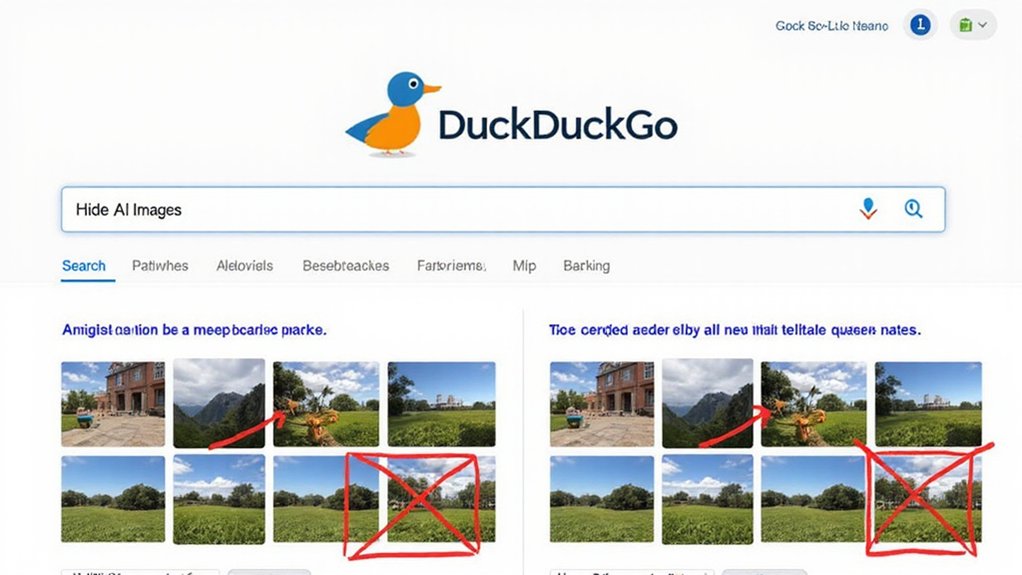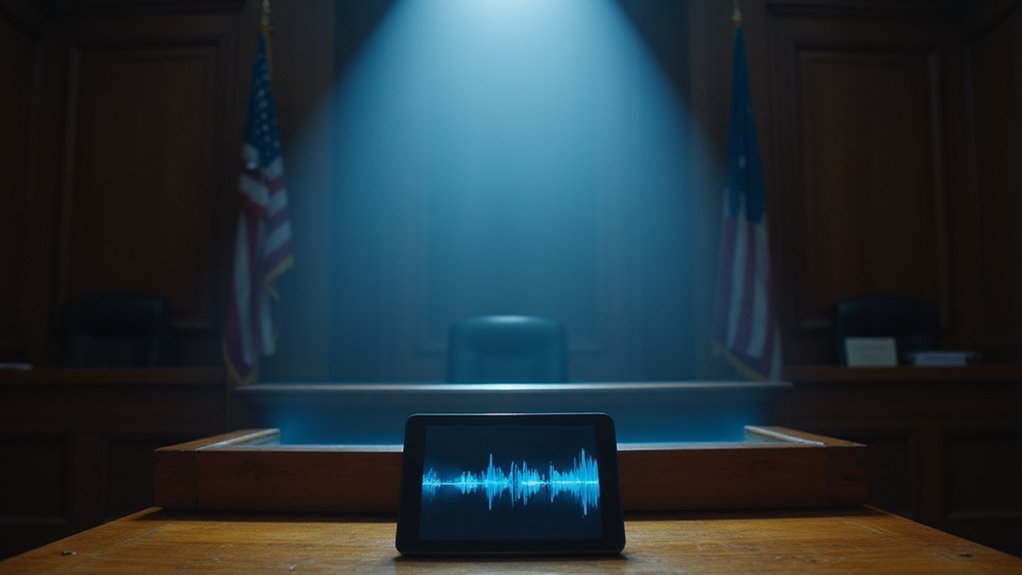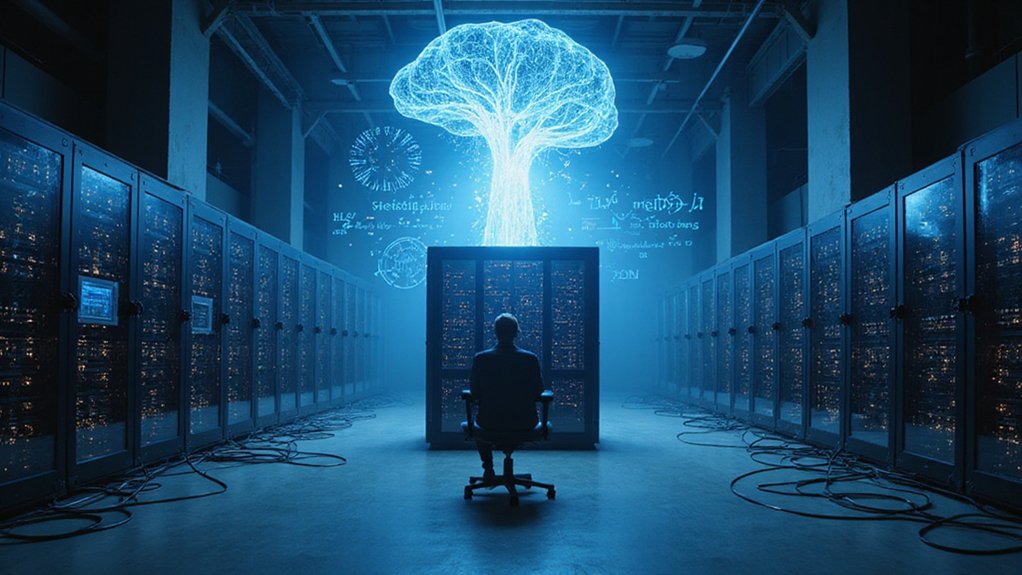Following increased regulatory scrutiny, OpenAI has updated its policies to prevent ChatGPT from giving medical, legal, and other professional advice that normally requires certification. The policy change aims to comply with regulations like the EU AI Act and FDA guidance. Under the new rules, the AI assistant can’t provide advice that implies professional licensing, particularly in fields with high risks such as healthcare and law.
OpenAI clarified that viral claims about a total ban on all professional advice are incorrect. The company says ChatGPT will still help with general information requests but won’t replace certified professionals. This distinction is important as many users had turned to the AI for preliminary medical or legal guidance. The new limitations emphasize that ChatGPT can now only provide general information rather than actionable guidance in professional fields.
The enforcement of these policies will extend to API, enterprise, and team services under the new OpenAI Services Agreement that takes effect May 31, 2025. OpenAI’s policy update was primarily driven by liability concerns related to users acting on potentially incorrect AI-generated recommendations in sensitive domains. Users are now warned against relying on ChatGPT for personalized professional decisions without licensed human oversight.
This policy shift has left some users scrambling for alternatives. Businesses that built workflows around ChatGPT’s ability to provide professional guidance must now redesign their processes. Individual users who depended on the AI for quick medical or legal questions will need to consult human experts instead.
The company’s decision appears driven by legal concerns as laws mandate that only licensed professionals can provide advice in regulated fields. OpenAI aims to reduce legal risks linked to unverified AI-generated guidance in sensitive domains.
OpenAI has established mechanisms for users to appeal enforcement decisions, but the overall policy firmly restricts professional advice without proper licenses. The company maintains that these changes balance innovation with responsibility.
As users adapt to these new boundaries, consumer expectations of AI capabilities in sensitive domains may shift. OpenAI’s move signals a growing industry awareness of the limits of AI assistance in fields where human expertise and accountability remain essential.
References
- https://mlq.ai/news/openai-bans-chatgpt-from-providing-medical-and-legal-advice/
- https://teknotum.net/2025/11/openai-shuts-off-pipeline-to-professional-advice-on-chatgpt/
- https://community.openai.com/t/new-openai-services-agreement-effective-may-31-2025/1249405
- https://www.techbuzz.ai/articles/openai-debunks-viral-chatgpt-medical-advice-ban-claims
- https://openai.com/policies/usage-policies/









